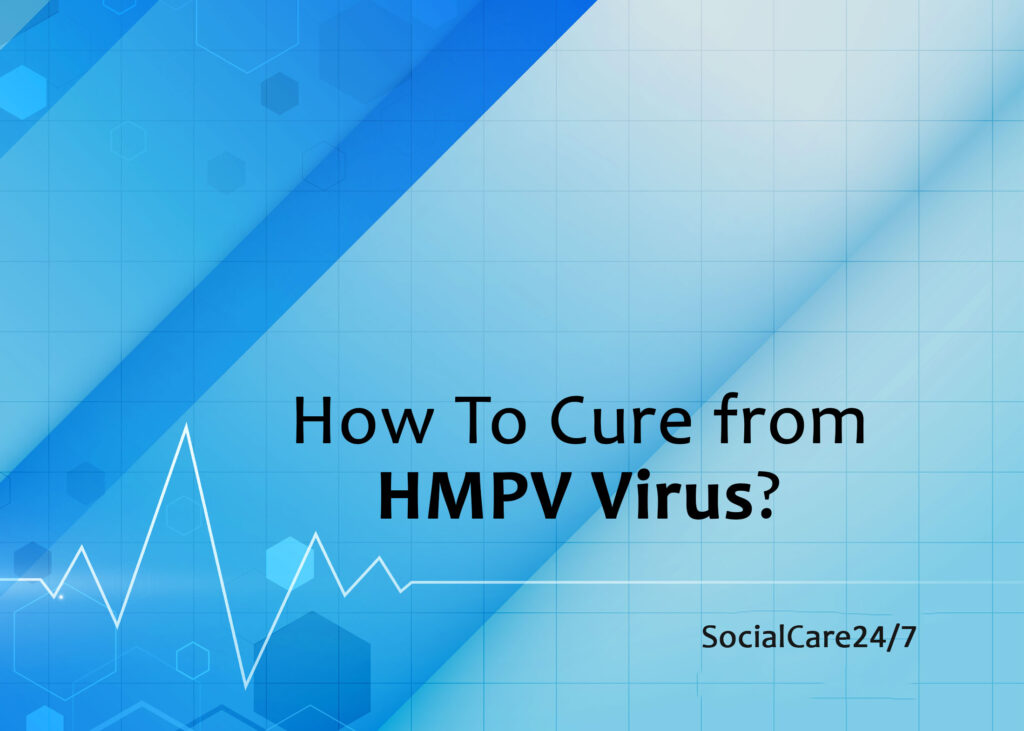Lung and airway issues are common in HMPV patients. This virus is a paramyxovirus, so flu or cold symptoms might result. Lung issues can be brought on by RSV and other respiratory syncytial viruses. Due to coughs and sneezes, HMPV is exceedingly contagious. Fever, coughing, asthma, stuffy nose, and breathlessness are HMPV symptoms. Infants, older people, and people with compromised immune systems are especially susceptible to significant complications. Most people have mild symptoms that resolve themselves.
There’s no HMPV-specific treatment yet. Treating the illness aims to reduce symptoms and help the body recuperate. Many HMPV patients can improve at home with simple actions. These procedures will relieve symptoms and prevent viral transmission.
Symptom treatment begins with OTCs. For fever and pain many individuals turn to ibuprofen or paracetamol. Using cough syrups could help one handle a nasty cough more easily. Water nasal drops and decongestants clear congestion, therefore improving the ease and pleasantness of breathing.
Also check: HMPV Virus affects on Share Market
Hydration is key to recovering from HMPV. To keep fresh, sip plenty of water, herbal teas, coffee, broths. Water helps to soften mucus and cleanse lungs, therefore facilitating breathing. Enough water helps avoid dehydration, which aggravates symptoms and hinders recovery. You need rest to recover. Your body requires time to battle illness. Get adequate sleep and exercise less to recuperate faster.
Most HMPV patients recover in 7–10 days with home care. See a doctor if your symptoms worsen or you have chest discomfort, breathing problems, or a persistent fever. Seeing a doctor immediately might prevent more issues and speed up recovery.
HMPV causes a cold-like illness. Many people receive HMPV before age 5, and the symptoms are usually moderate. Babies under 12 months, seniors over 65, and persons with weak immune systems should avoid getting ill. However, HMPV and RSV are distinct viruses. They share a viral family.



